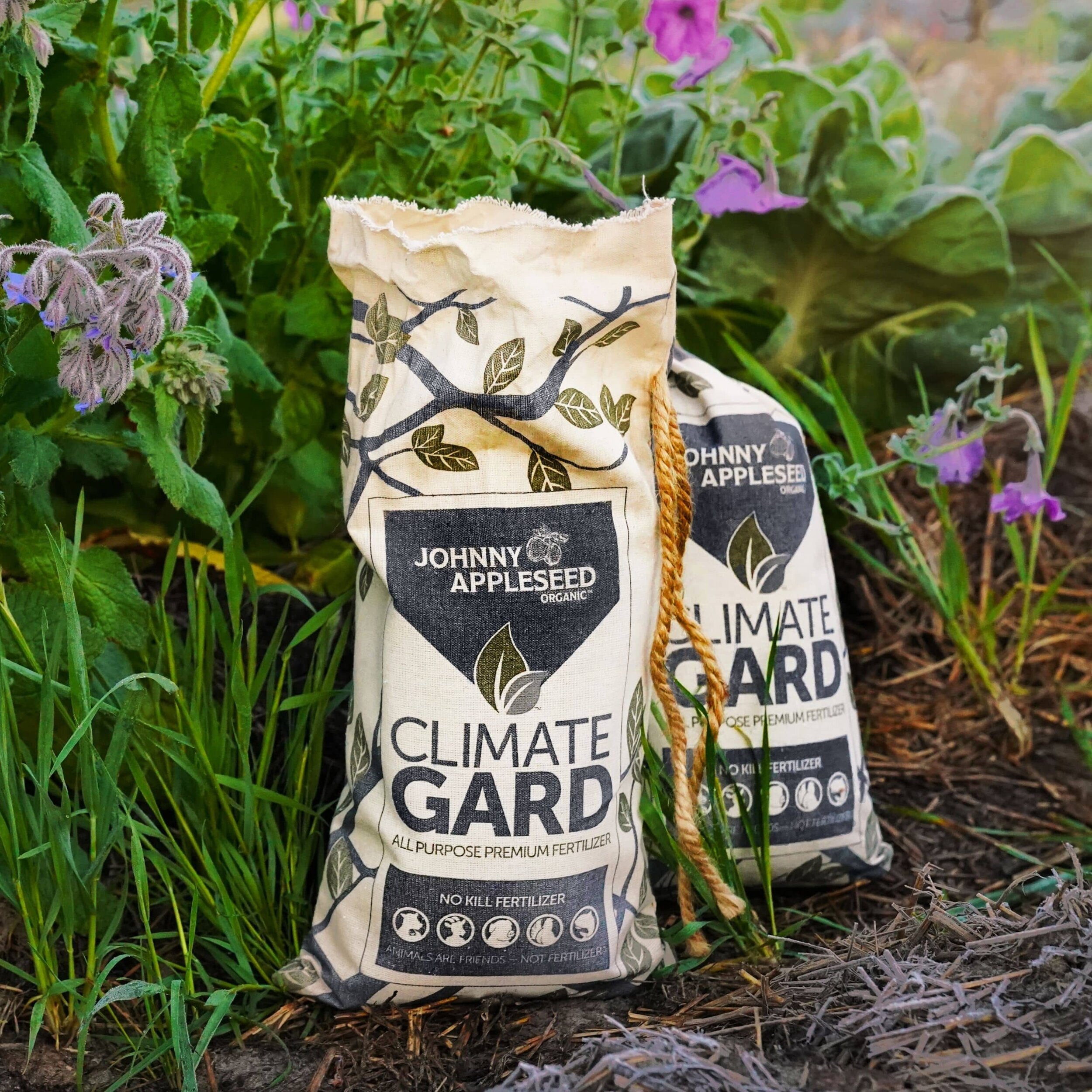Insect-Resistant Vegetables and Grains
By Louise Riotte
The following is an excerpt from Carrots Love Tomatoes © by Louise Riotte. It is used with permission from Storey Publishing.
Every garden has both “good” and “bad” bugs, yet from a gardener’s point of view only a few are relatively destructive. Some vegetables seem to have a natural, built-in resistance: carrots, beets, endive (including escarole and witloof chicory), chives, okra, Egyptian onions, parsley, peppers, and rhubarb. Under good growing conditions, lettuce might be added to this list, too.
Numerous vegetables and herbs listed in this book help other vegetables to resist insects when grown with or near them. Scientists have done a great deal of research, also, on why certain other plants are attractive to insects. They have come up with something that organic gardeners knew all along: Insects prefer to eat plants having high concentrations of free amino acids, such concentrations being enhanced if the plants are improperly nourished. Organically grown vegetables produced on balanced, healthy soils have significantly lower levels of free amino acids in their tissues than plants grown where chemical fertilizers have destroyed the balance. Such “organic” vegetables are less tasty to insects.
In addition, vegetable varieties have been bred for resistance to specific pests. Your county’s Cooperative Extension Service may have recommendations on good choices for local conditions.
Insect control through companion planting
Legumes planted in a rotation will protect grain crops and grasses from white grubs and corn rootworm. Chinch bug on corn and flea beetles are controlled by growing soybeans to shade the bases of the plants. The herbs in this chart may be planted as specific controls.
Sign up for Newsletter
Follow Us on Social
Cutting-edge microbiology
No kill formula
Superior plant nutrition derived from the most ethical, sustainable sources available.
Produces the same results as conventional fertilizers without the negative environmental impacts.
Each ClimateGard pellet is infused with micronutrients, silicon, humic acid and a high-performance blend of living bacteria and fungi.
Delivered in an environmentally friendly organic cotton bag with a compostable inner liner.
Will continue to enrich your soil long after application.
$39.95 for 7.5 pound bag | $69.95 for 15 pound bag.




